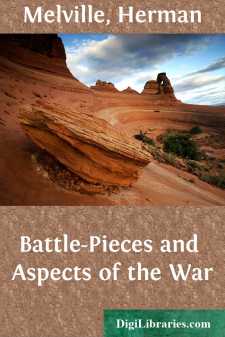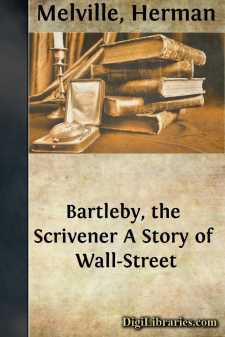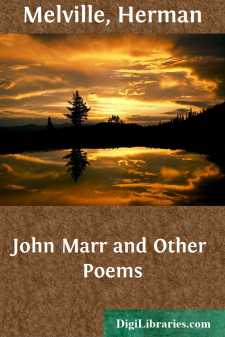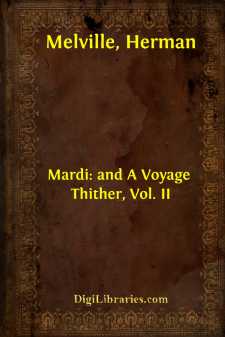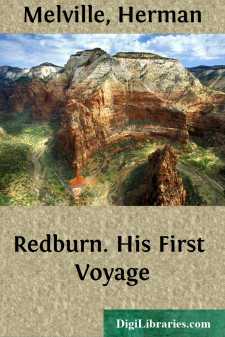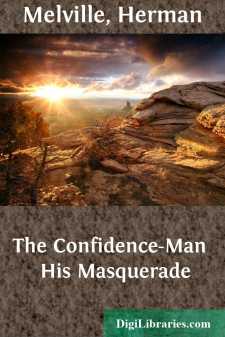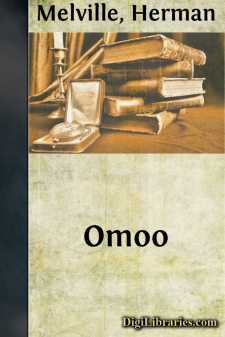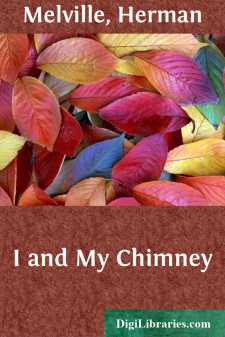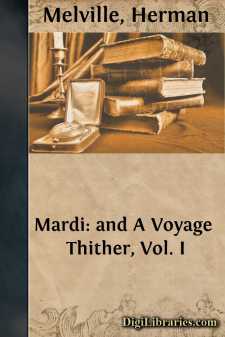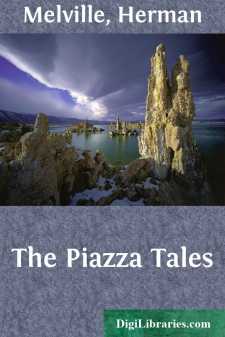Categories
- Antiques & Collectibles 13
- Architecture 36
- Art 48
- Bibles 22
- Biography & Autobiography 815
- Body, Mind & Spirit 144
- Business & Economics 28
- Children's Books 18
- Children's Fiction 14
- Computers 4
- Cooking 94
- Crafts & Hobbies 4
- Drama 346
- Education 58
- Family & Relationships 59
- Fiction 11829
- Games 19
- Gardening 17
- Health & Fitness 34
- History 1378
- House & Home 1
- Humor 147
- Juvenile Fiction 1873
- Juvenile Nonfiction 202
- Language Arts & Disciplines 89
- Law 16
- Literary Collections 686
- Literary Criticism 179
- Mathematics 13
- Medical 41
- Music 40
- Nature 179
- Non-Classifiable 1768
- Performing Arts 7
- Periodicals 1453
- Philosophy 65
- Photography 2
- Poetry 896
- Political Science 203
- Psychology 44
- Reference 154
- Religion 515
- Science 126
- Self-Help 85
- Social Science 82
- Sports & Recreation 34
- Study Aids 3
- Technology & Engineering 59
- Transportation 23
- Travel 463
- True Crime 29
Our website is made possible by displaying online advertisements to our visitors.
Please consider supporting us by disabling your ad blocker.
Israel Potter
by: Herman Melville
Categories:
Description:
Excerpt
CHAPTER I.
THE BIRTHPLACE OF ISRAEL.
The traveller who at the present day is content to travel in the good old Asiatic style, neither rushed along by a locomotive, nor dragged by a stage-coach; who is willing to enjoy hospitalities at far-scattered farmhouses, instead of paying his bill at an inn; who is not to be frightened by any amount of loneliness, or to be deterred by the roughest roads or the highest hills; such a traveller in the eastern part of Berkshire, Massachusetts, will find ample food for poetic reflection in the singular scenery of a country, which, owing to the ruggedness of the soil and its lying out of the track of all public conveyances, remains almost as unknown to the general tourist as the interior of Bohemia.
Travelling northward from the township of Otis, the road leads for twenty or thirty miles towards Windsor, lengthwise upon that long broken spur of heights which the Green Mountains of Vermont send into Massachusetts. For nearly the whole of the distance, you have the continual sensation of being upon some terrace in the moon. The feeling of the plain or the valley is never yours; scarcely the feeling of the earth. Unless by a sudden precipitation of the road you find yourself plunging into some gorge, you pass on, and on, and on, upon the crests or slopes of pastoral mountains, while far below, mapped out in its beauty, the valley of the Housatonie lies endlessly along at your feet. Often, as your horse gaining some lofty level tract, flat as a table, trots gayly over the almost deserted and sodded road, and your admiring eye sweeps the broad landscape beneath, you seem to be Bootes driving in heaven. Save a potato field here and there, at long intervals, the whole country is either in wood or pasture. Horses, cattle and sheep are the principal inhabitants of these mountains. But all through the year lazy columns of smoke, rising from the depths of the forest, proclaim the presence of that half-outlaw, the charcoal-burner; while in early spring added curls of vapor show that the maple sugar-boiler is also at work. But as for farming as a regular vocation, there is not much of it here. At any rate, no man by that means accumulates a fortune from this thin and rocky soil, all whose arable parts have long since been nearly exhausted.
Yet during the first settlement of the country, the region was not unproductive. Here it was that the original settlers came, acting upon the principle well known to have regulated their choice of site, namely, the high land in preference to the low, as less subject to the unwholesome miasmas generated by breaking into the rich valleys and alluvial bottoms of primeval regions. By degrees, however, they quitted the safety of this sterile elevation, to brave the dangers of richer though lower fields. So that, at the present day, some of those mountain townships present an aspect of singular abandonment. Though they have never known aught but peace and health, they, in one lesser aspect at least, look like countries depopulated by plague and war....



